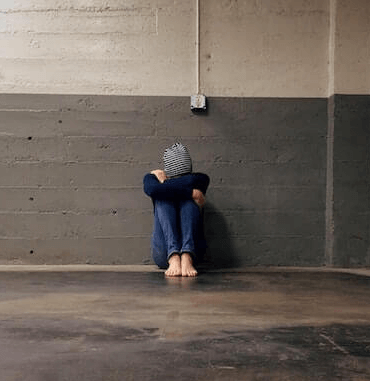The Challenge of Homelessness for Military Veterans

According to the Department of Veterans Affairs permanently housed 40,401 homeless Veterans in 2022.The prevalence of homelessness among military veterans is a pressing issue in the United States. While the reasons for this are multifaceted and complex, it’s crucial to understand why veterans might be more prone to homelessness than the general population.
Transitioning from military service to civilian life can be a challenging process, which might leave some veterans vulnerable to homelessness. Veterans may face difficulties in securing stable employment due to the lack of transferrable skills, recognition of their military training, or mental and physical health issues stemming from their service. These hurdles can potentially lead to financial instability, a key risk factor for homelessness.
Mental health issues and substance use disorders are more prevalent among veterans, partly due to the traumatic experiences they may have faced during their service. These health issues, if not addressed appropriately, can lead to a higher risk of homelessness.
Lastly, a lack of social support can also contribute to the risk of homelessness. Veterans, particularly those who served overseas, may experience isolation and difficulties in reconnecting with their communities or families after their service, leaving them without crucial support networks that can prevent homelessness.
It’s important to note that these are just a few potential factors. The issue of veteran homelessness is complex and interconnected with various societal, economic, and health factors. To address this issue effectively, comprehensive and targeted solutions are needed, ranging from affordable housing initiatives, job training programs, mental health support, to substance use treatment.
Scholarships and benefits for veterans can also play a role in reducing homelessness by supporting veterans’ education and career development, but more needs to be done to address this problem directly.
As we strive to support our veterans, it’s crucial that we continue researching, understanding, and addressing the factors contributing to the high rates of homelessness in this population. We owe it to those who have served our country to ensure they have the support they need when they return home.
The content was a collaboratively written by a human author with the assistance of an AI language model, is provided for informational purposes only. This is not a substitute for professional medical or psychiatric advice, diagnosis, or treatment. Always seek the advice of a qualified healthcare provider with any questions you may have regarding a medical or mental health condition.







